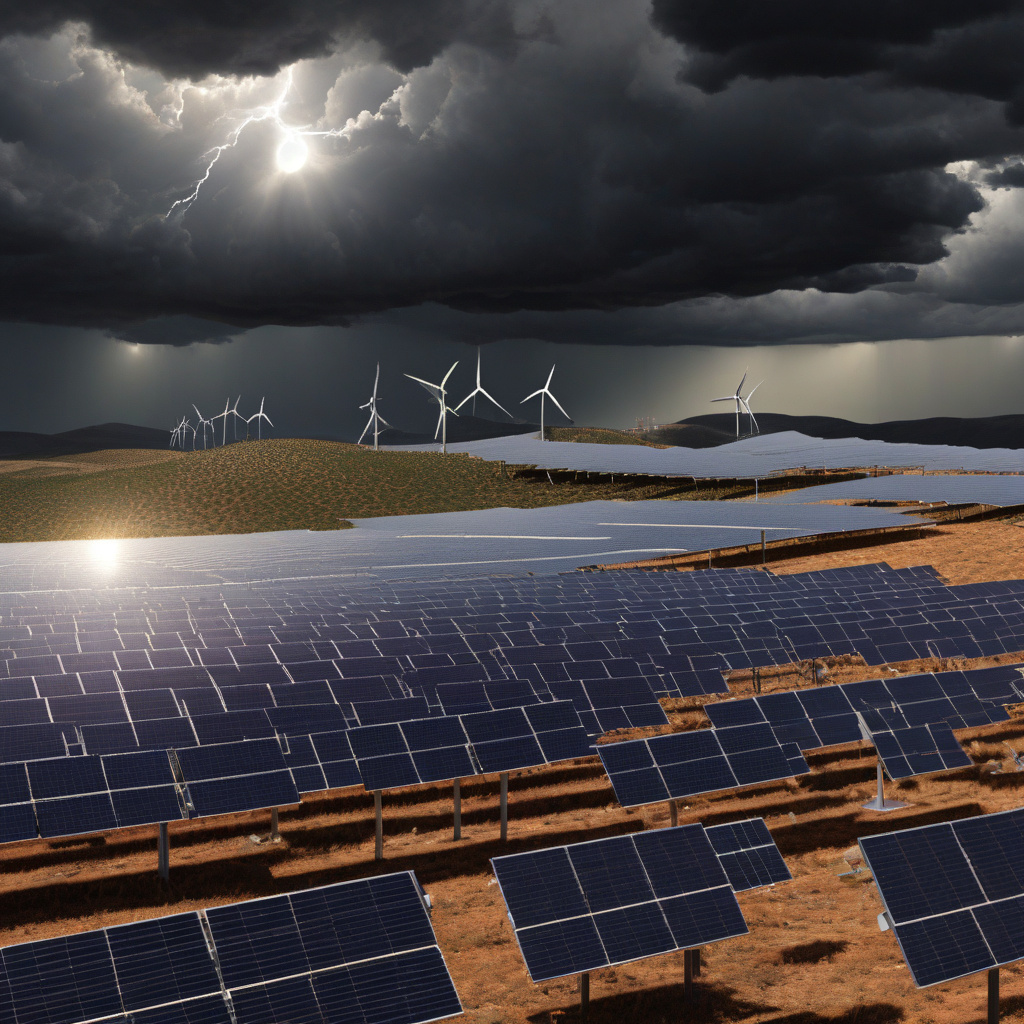Title: Solar Power’s Role in the Recent Spain and Portugal Power Outage
In a recent power outage that swept through Spain and Portugal, experts and former regulators have pointed fingers at the Spanish electricity grid’s struggle to handle a surplus of solar power as a significant contributing factor. This revelation raises crucial questions about the resilience of power grids in the face of increasing renewable energy sources.
The surge in solar power generation in the region has been a double-edged sword. While it signifies a positive shift towards sustainable energy practices, it also poses challenges for traditional grids designed around centralized fossil fuel-based power generation. The intermittent nature of solar power, dependent on weather conditions, can create instability if not effectively managed.
Spain and Portugal’s reliance on solar power has grown significantly in recent years, driven by environmental concerns and government incentives to boost renewable energy production. This transition is commendable, considering the long-term benefits for the planet. However, it also underscores the urgent need for grid modernization and adaptation to accommodate the fluctuating nature of renewable energy sources.
The recent power outage serves as a wake-up call for energy regulators and grid operators worldwide. It highlights the importance of investing in smart grid technologies, energy storage solutions, and grid flexibility measures to ensure a seamless transition to a renewable energy-driven future. By enhancing grid resilience and implementing advanced monitoring systems, countries can mitigate the risks associated with an over-reliance on solar power.
Moreover, the incident underscores the interconnected nature of energy systems in an increasingly digitized world. A disruption in one part of the grid can have cascading effects, impacting not only local communities but also neighboring regions. This interconnectedness necessitates a collaborative approach to energy management, emphasizing information sharing, cross-border coordination, and joint efforts to enhance grid stability.
As countries worldwide strive to meet ambitious renewable energy targets and reduce their carbon footprint, incidents like the Spain and Portugal power outage offer valuable lessons for the future. They underscore the importance of balancing renewable energy integration with grid modernization, resilience planning, and risk mitigation strategies. Only by addressing these challenges proactively can we ensure a sustainable and reliable energy future for generations to come.
In conclusion, while solar power represents a promising pathway towards a greener planet, its integration into existing energy grids requires careful planning and investment. The recent power outage in Spain and Portugal serves as a poignant reminder of the complexities involved in transitioning to a renewable energy-centric system. By learning from such incidents and leveraging them to drive positive change, we can pave the way for a more sustainable and resilient energy landscape globally.

